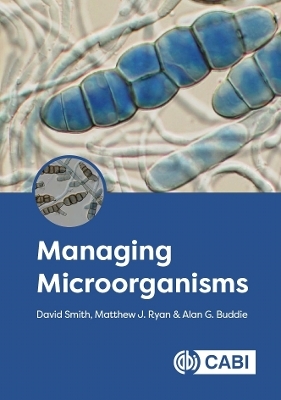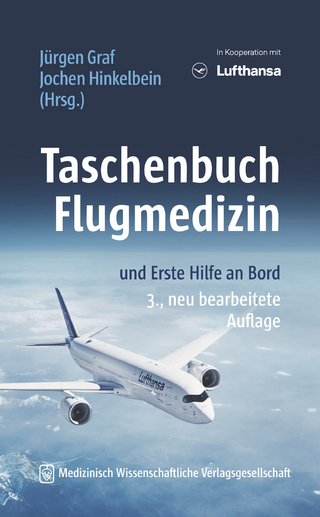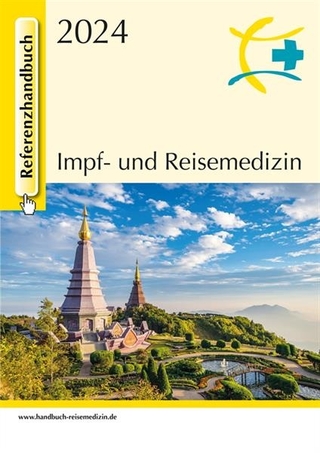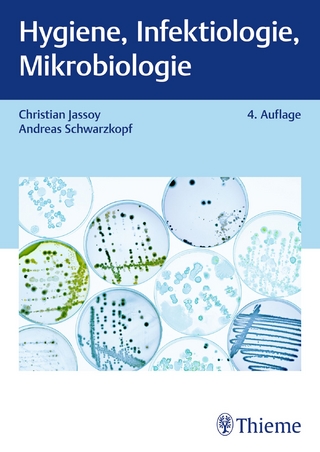
Managing Microorganisms
CABI Publishing (Verlag)
978-1-80062-211-1 (ISBN)
A significant portion of basic and applied life science research requires microorganisms as study specimens. Managing Microorganisms aims to be the standard reference for anyone who works with microorganisms, primarily bacteria and fungi. It is applicable to researchers who maintain their own collections of strains, and those who use one of the many public service culture collections. The book includes coverage of: · methods of preservation and characterization for different groups of microorganisms; · best practice guidelines for culture collection management; · how to protect investment in research with microorganisms; · where to source authenticated microorganisms; · how to store, handle and distribute microorganisms effectively and safely; · the factors to consider in designing a sustainable business plan for a culture collection; · the consideration of health and safety issues, and the wider regulatory environment. Managing Microorganisms is an essential reference for anyone working with microorganisms and culture collections. In addition, it will be of great use for academic researchers and students in applied life sciences, especially those who are involved in sourcing and maintaining reference strains, whilst it also will provide a useful guide for consultants, biotechnologists and other members of bioindustry.
David Smith (Author) David Smith has over 48 years at CABI as Preservation Officer, Curator and latterly Director of Biological Resources and is now retired with the honour of being a CABI Emeritus Fellow. Having a long history of managing a living fungal collection; developing and managing projects on conservation and use of microorganisms; and microbiological regulatory environment particularly, the Nagoya protocol. In past roles as President of the World Federation for Culture Collections, President of the European Culture Collection's Organisation and the UK Federation of Culture Collections he has visited collections in 34 countries and helped set up and enhance collections in 19 countries. He has presented over 160 conference papers and has over 230 publications including 80 peer reviewed papers, 4 books and over 40 book chapters. Matthew J Ryan (Author) Matthew J Ryan is Research Lead for Biological Resources at CABI and formerly curator of CABI's culture collection of 30000 living microbes. He is currently project manager for the UK Crop Microbiome Cryobank and works on a range of projects related to both the microbiome and the development of novel biobanking solutions. He has published widely in the fields of cryopreservation, microbiology and culture collections and currently has several external roles on national and international advisory groups, including the United States Culture Collection Network steering committee and the board of the International Alliance for Phytobiomes Research. Alan Buddie (Author) Alan Buddie is currently Microbiology & Molecular Biology Research Leader with over 30 years of experience in applied microbiology with CABI. He specialises in identification and phylogenetic analysis of fungi and bacteria (also extending to nematodes and insects). He has a strong background in microbial biochemistry and biosafety. In addition, he is author of more than 45 peer-reviewed papers.
Chapter 1: Culture Collections Chapter 2: Isolation and Growth of Microorganisms Chapter 3: Characterisation and Use of Microorganisms Chapter 4: Preserving Microorganisms Chapter 5: Regulatory considerations on the Safe Handling and Distributing of Microorganisms Chapter 6: Standards in microbiology Chapter 7: Biological Resource Centre Business Plan
| Erscheinungsdatum | 14.03.2023 |
|---|---|
| Verlagsort | Wallingford |
| Sprache | englisch |
| Maße | 172 x 244 mm |
| Gewicht | 1427 g |
| Themenwelt | Medizin / Pharmazie ► Medizinische Fachgebiete ► Mikrobiologie / Infektologie / Reisemedizin |
| Naturwissenschaften ► Biologie ► Mikrobiologie / Immunologie | |
| Naturwissenschaften ► Biologie ► Mykologie | |
| ISBN-10 | 1-80062-211-2 / 1800622112 |
| ISBN-13 | 978-1-80062-211-1 / 9781800622111 |
| Zustand | Neuware |
| Haben Sie eine Frage zum Produkt? |
aus dem Bereich


